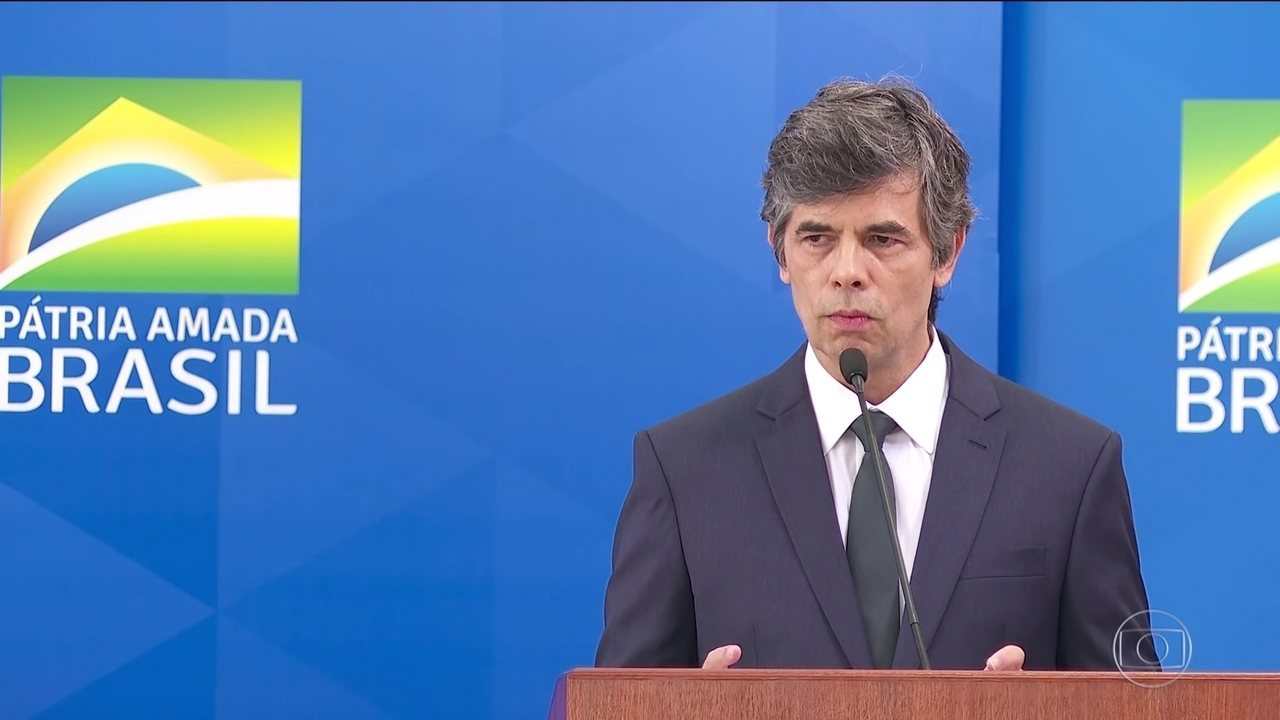RIO DE JANEIRO, BRAZIL – Brazil’s former Health Minister Nelson Teich confirmed Wednesday that he received pressure from the president, Jair Bolsonaro, to recommend chloroquine against Covid-19 in public health and that this caused his resignation from the government.
Teich, who was only 30 days at the Ministry of Health, between April and May last year, appeared before a Senate committee investigating possible omissions of the Government in combating a pandemic that has already left in the country more than 411,000 deaths.

“It is a public matter. There was a desire by the president to do that,” Teich said in response to a question about the origin of the pressures for the use of chloroquine in the public network, which he explained was one of the main reasons for his resignation.
Teich, an oncologist who succeeded physician and former congressman Luiz Henrique Mandetta, was the second of the four health portfolio holders that the government has had since the outbreak of the pandemic in the country in February 2020.
He explained to the senators that, in addition to the pressures due to chloroquine, an antimalarial drug with no proven efficacy against the virus, he decided to resign because he also did not have the “autonomy” Bolsonaro had offered him to lead the fight against the pandemic.
However, he insisted that “the issue of chloroquine was a determining factor”, since it was publicly recommended by the president himself, who relied “on other health professionals” who did believe in the alleged effects of this drug.
Teich said he did not know Bolsonaro’s motives for promoting with such vehemence a drug with no proven efficacy but explained that, from a personal point of view and as a physician, he could not support the release of drugs “inappropriately”.
He recalled that, when he assumed the ministry, chloroquine was only recommended for end-stage covid-19 patients and as a “relief”, but that the problem arose when Bolsonaro proposed the so-called “early treatment”, applied after the appearance of the first symptoms and composed of that and other dubious remedies.
“When you know that the remedy does not work, that is wrong,” Teich told the parliamentary committee.
Teich was succeeded in office by General Eduardo Pazuello, a logistics expert with no health experience whatsoever, and brought numerous military personnel into management positions in the ministry.
One of Pazuello’s first measures was precisely to liberalize the use of chloroquine and the so-called “early treatment,” which, according to many specialists, helped aggravate Brazil’s health crisis, one of the countries most affected by the pandemic in the world.
Pazuello was dismissed last month under pressure from the ruling party’s parliamentary base and should have testified this Wednesday before the parliamentary commission. He claimed to have had recent contact with coronavirus patients, so his hearing was now scheduled for the 19th.
This Thursday, the committee will hear the current Minister of Health, cardiologist Marcelo Queiroga, who will have to explain the Government’s actions for the acquisition of vaccines, which are scarce in the country and have only reached, with the two necessary doses, about 7% of the 210 million Brazilians.

